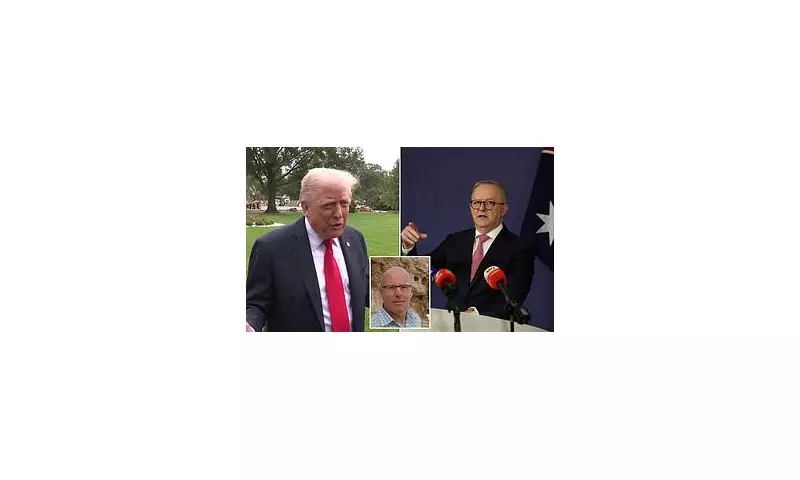
In a move that has stunned political commentators on both sides of the Atlantic, former US President Donald Trump has issued a glowing endorsement of Australian Prime Minister Anthony Albanese. The unexpected praise was delivered during a wide-ranging interview with ABC News, leaving many to question the boundaries of international political influence.
A 'Fantastic' Leader Down Under
When asked about the current state of global leadership, Mr Trump diverged from his usual critiques to single out the Australian Labour leader for commendation. "I know him. I think he's fantastic," the former President declared, marking a significant departure from his often-critical stance on world figures.
The endorsement didn't stop there. Mr Trump went further, emphatically stating, "I think he's a great friend to the United States." This robust show of support for a centre-left leader from a Republican figure known for his conservative stance is being viewed as a highly unusual political manoeuvre.
Timing Raises Eyebrows in Westminster
The political intervention comes at a particularly sensitive time for international relations. With global alliances shifting and nations carefully navigating their diplomatic ties, such a public endorsement from a figure of Mr Trump's stature is seen as highly significant.
Political analysts are particularly intrigued by the potential implications for the UK's special relationship with both the US and Australia. The AUKUS security pact between the three nations makes this unexpected political alignment all the more noteworthy for observers in Whitehall.
Contrasting Leadership Styles
What makes this endorsement particularly striking is the apparent contrast between the two leaders' political styles. Prime Minister Albanese, known for his measured approach and centre-left policies, seems an unlikely recipient of praise from the firebrand former President.
This development is likely to spark intense discussion about the evolving nature of international political alliances and how they might influence domestic politics in allied nations. The intervention serves as a reminder of how quickly the global political landscape can shift, with implications that reach far beyond any single nation's borders.
As the political world digests this surprising development, all eyes will be on how this public endorsement might influence the delicate balance of international diplomacy in the coming months.






